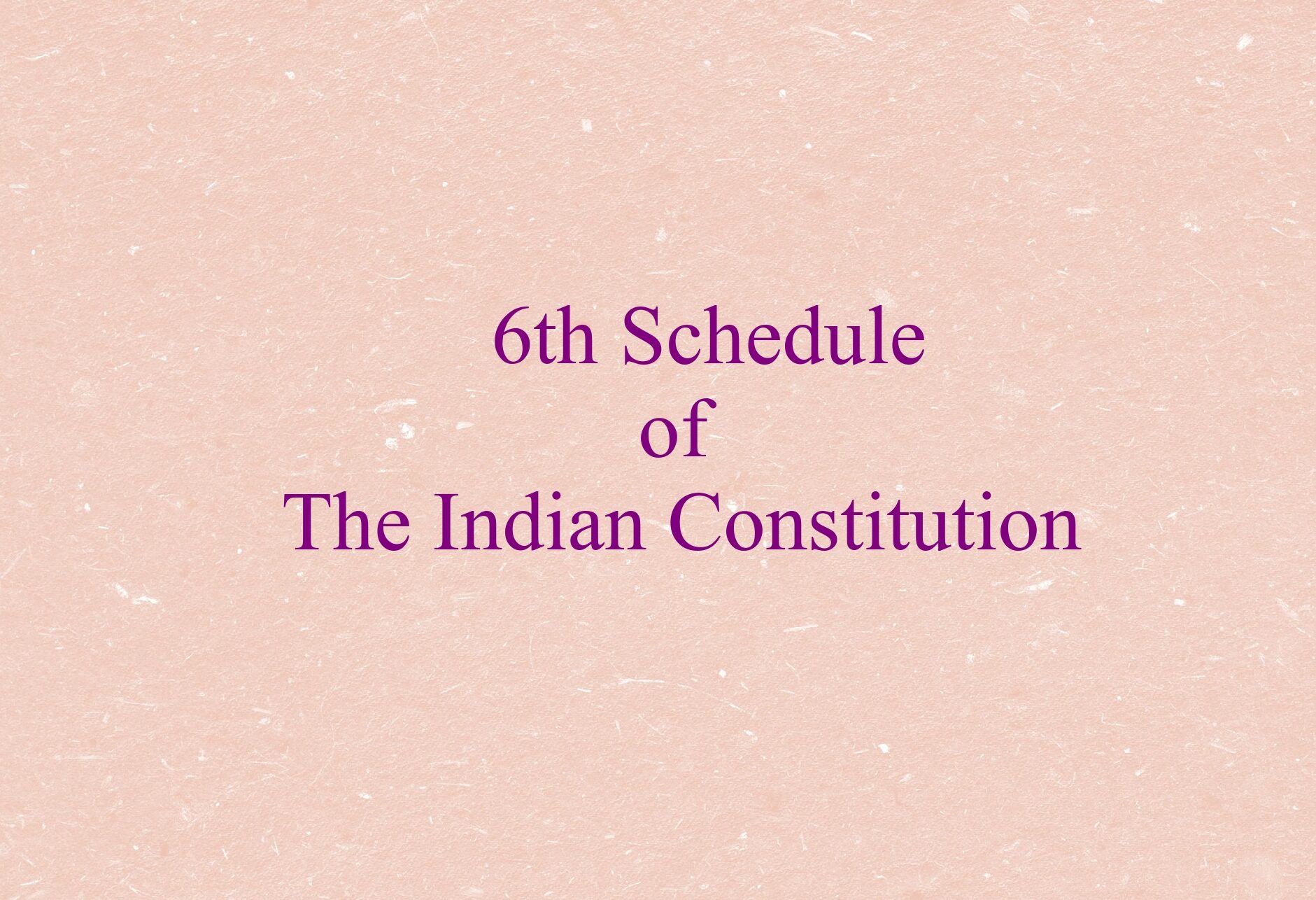Social Interaction Social interaction is a process in which one person, group, or society interacts with another. Social interaction is a relationship between a person interacting with his environment. For example, when we interact with people, we talk to them, and they give a response in return. To understand social…
-
-
Introduction In this article, we are going to talk about the important role which caste plays in Indian Politics and elections, considering the social diversity of India and its vast land stretch. We are going to discuss the topic Caste In Indian Politics within the topic of social and religious diversity…
-
Ryotwari System A framework that came to be known as the “Ryotwari System” was conceived by Captain Alexander Reed and Sir Thomas Munro toward the finish of the eighteenth century and presented by the last when he was the legislative leader of Madras Presidency (1819–26). It was perceived to be a continuation of the previous…
-
Introduction In this article, we are going to talk about the administration of scheduled and tribal areas in India in accordance with the constitution of India, latest as per the date written in 2021. The Part X of the Indian Constitution outlines the administration of scheduled and tribal areas which…
-
Judicial Review in India The judicial review doctrine adopted by India basically was instigated in the USA. Whereas it did exist in India before but was made part of the constitution later, and the judicial review power is conferred by the constitution itself. The chief rationale of judicial review is…
-
This sparked widespread outrage. Sir S. Subramaniya Aiyar relinquished his knighthood in a theatrical gesture, whereas Tilak argued for a passive resistance strategy. The repression simply hardened the agitators’ attitudes and strengthened their commitment to oppose the government. Mrs. Besant, The President of Congress In light of rising national animosity,…






